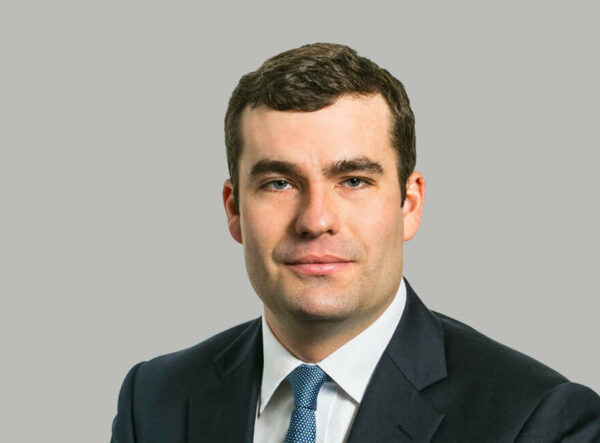Non-parties to be bound under CPR r. 19.8A in constructive trust claims (Serious Fraud Office v Litigation Capital Ltd)

Dispute Resolution analysis: This decision represents an expansion in the understood scope of CPR r.19.8A with claims in respect of property subject to constructive trusts being included within the scope of the definition of “property subject to a trust”. This will potentially be a very useful tool in fraud claims which can be notoriously protracted and difficult from a case management perspective.
Serious Fraud Office v Litigation Capital Ltd [2020] EWHC 1280 (Comm)
What are the practical implications of this case?
This judgment, best viewed as a pragmatic exercise in case management as part of a protracted and highly complex piece of multi-party fraud litigation, appears to have significantly expanded the understood scope of CPR r.19.8A. This has always been a useful provision for binding non-parties in the context of trusts and estate litigation. In this decision, Foxton J held that references in that provision to “property subject to trust” was broad enough to include property subject to a constructive trust. The court also had power within its inherent jurisdiction to bind non-parties to a judgment, provided that power was not exercised in a manner inconsistent with the language of existing provisions such as CPR r.19.8A. Finally, this judgment demonstrates that even complex case management hearings involving many different parties such as this one can take place during the restrictions imposed by the COVID-19 pandemic. The judge plainly felt that instructions could be given and parties could participate despite the lockdown restrictions. Applications to adjourn hearings should not succeed unless the parties can demonstrate real prejudice caused to them by the hearing proceeding remotely.
What was the background?
This was an important case management decision, the latest in a series made in the context of a protracted and highly complex fraud claim brought by the Serious Fraud Office (“SFO”) in relation to the fraudulent activities of Dr Gerald Smith. In broad terms, the underlying proceedings require the court to determine competing claims to interests in a variety of assets. This hearing sought to determine an application by a group referred to as the Settlement Parties to include within the scope of the proceedings, assets referred to as the Identified Underlying Assets. In addition to orders relating to service, the Settlement Parties sought the following orders:
- Expanding the issues in the proceedings to include a determination of the ownership of the Identified Underlying Assets or whether they constitute realisable assets under the CJA 1988 for the purposes of the SFO’s confiscation claim;
- Joinder of those believed to be the legal owners of the Identified Underlying Assets (the “Additional Parties”);
- A direction requiring those existing or Additional Parties who assert proprietary claims to serve statements of case setting out those claims;
- An order requiring advertisement of the fact that the Court will be determining claims in relation to the ownership of the Identified Underlying Assets, allowing an opportunity for non-parties who assert such a claim to bring those claims in these proceedings and debarring any non-party who does not bring such a claim from asserting it hereafter without the permission of the Court.
What did the court decide?
Each of the orders sought were made by Foxton J. He first had to address requests by a number of parties that the hearing be adjourned, broadly as a result of the impact of the COVID-19 pandemic and the difficulties they claimed to face in participating constructively in the hearing. These applications were all dismissed. The judge addressed the specific reasons given by each of the parties seeking an adjournment but did not accept that any had provided a good enough reason to adjourn the hearing. It was a proper exercise of case management for the claims in relation to the Identified Underlying Assets to be dealt with as part of the main proceedings and for the Additional Parties to be joined as a result. The judge was content that the date proposed by the Settlement Parties for those claiming an interest in the Identified Underlying Assets was adequate and fair. This order was, therefore, made. Finally, the judge used CPR r. 19.8A as a jurisdictional basis for making the order binding on any parties who failed to advance their claims following advertisement and debarring from those persons from raising those arguments at a later date.
Case details
- Court: Commercial Court
- Judge: Mr Justice Foxton
- Date of judgment: 20 May 2020
This article was first published by Lexis PSL on 22 May 2020.
Disclaimer
This content is provided free of charge for information purposes only. It does not constitute legal advice and should not be relied on as such. No responsibility for the accuracy and/or correctness of the information and commentary set out in the article, or for any consequences of relying on it, is assumed or accepted by any member of Chambers or by Chambers as a whole.
Contact
Please note that we do not give legal advice on individual cases which may relate to this content other than by way of formal instruction of a member of Gatehouse Chambers. However, if you have any other queries about this content please contact:


